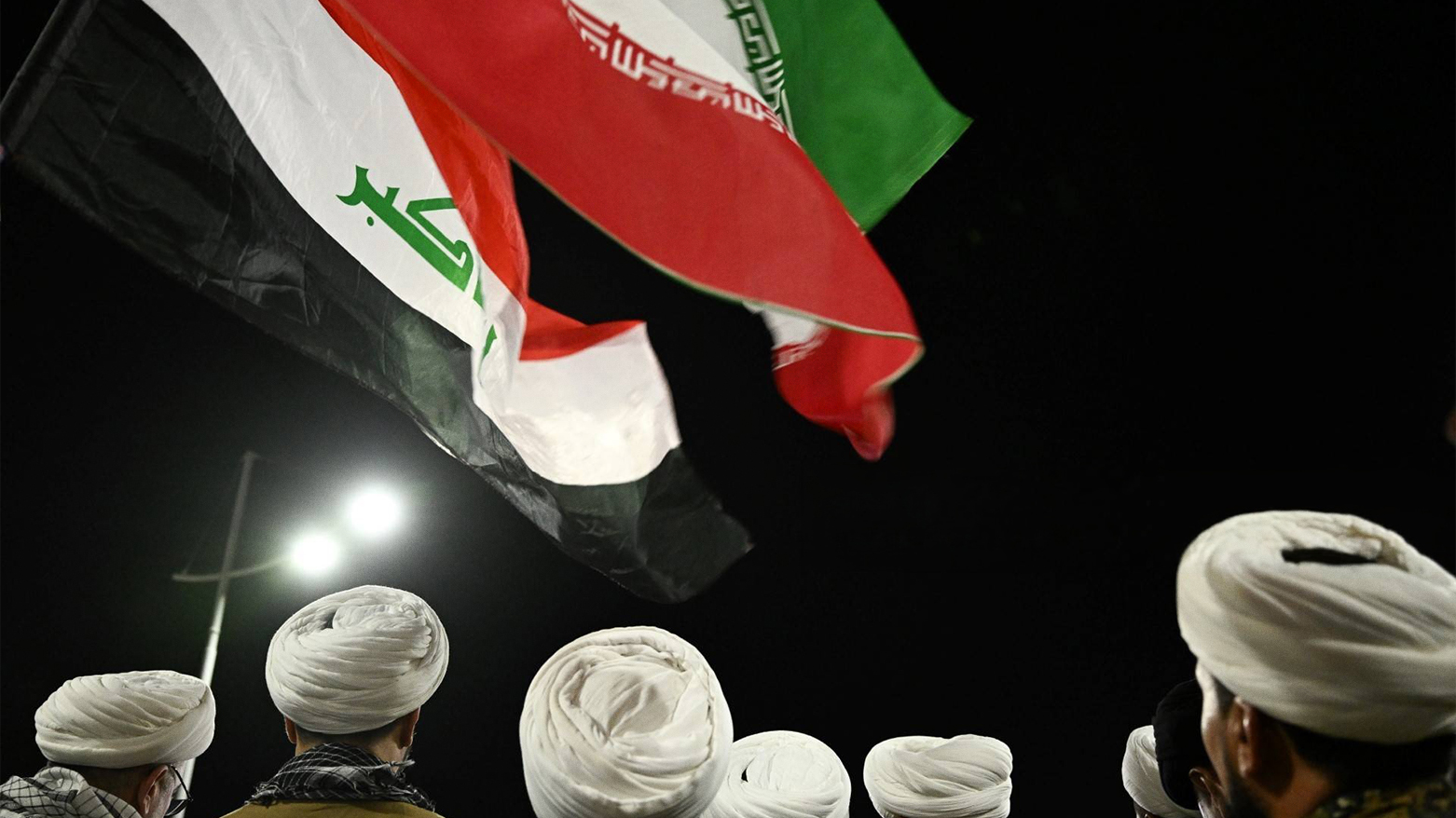Iran's Grip on Iraq Weakens, The Economist Reports
A recent analysis by The Economist suggests Iran's long-standing influence over Iraq is diminishing, highlighted by the notable restraint of its proxy militias during the recent war involving Israel and America.

By Kamaran Aziz
ERBIL (Kurdistan 24) – Iran's deep-rooted hold on Iraq is facing significant challenges as a growing number of Iraqis express dissatisfaction with the alignment, according to a report from The Economist. The analysis points to the recent 12-day war in June, where calls by Iran-backed militias for protests at the American embassy were met with a "lacklustre" response, signaling a potential shift in the region's power dynamics.
While posters of Iranian-backed militia leaders still feature prominently in Baghdad, The Economist notes a growing unease among the Iraqi population, particularly the youth, who were relieved their government avoided being drawn into Iran's conflicts.
The relationship between the two nations, which share a 1,600km border, has historically been complex, marked by both religious competition and a devastating war in the 1980s. However, since 2003, The Economist states that Iraq has served as a crucial stage for Iran to project its power. Economically, Iraq has been a "lifeline" for the sanctioned Iranian regime, which for years used the Iraqi central bank's dollar auctions to secure hard currency. This practice only slowed in 2023 after the United States blacklisted several Iraqi banks.
An anonymous banker from the region quoted by the publication stated, if the Americans have influence over Iraq militarily, “then Iran has done so economically." This economic influence is further cemented by pressure on Iraqi government ministries to prioritize Iranian goods.
Militarily, Iran's influence surged with the rise of the Islamic State (ISIS) in 2014, which prompted the formation of numerous Shia armed groups supported by Iran's Islamic Revolutionary Guards Corps (IRGC), namely Hashd al-Shaabi or what is now known as Popular Mobilization Forces (PMF).
According to the report, these militias were involved in degrading ISIS but also provided Iran with a tool to control large parts of Iraq’s political and economic landscape, with their members holding vast business interests and running key ministries.
The Economist identifies several factors for Iran's waning control. The 2020 killing of Qassem Suleimani, the head of the IRGC's Quds force, left a void. A veteran Iraqi lawmaker told the publication that Suleimani's successor, Esmail Qaani, lacks his predecessor's skill in managing the factions' competing interests. "The requests became demands," he said.
Furthermore, many of Iran's allies in Iraq have accumulated significant wealth and are now hesitant to risk their fortunes by being dragged into a conflict with America or Israel. The report also highlights the emergence of a younger political class, stemming from the 2020 anti-government protests, which is vocally opposed to the militias.
"The concept of resistance [to Israel] is hollow in Iraq," Muhi Ansari, head of the civil-society group Iraqi House foundation, was quoted as saying.
This sentiment was evident during last month's conflict. As political analyst Abu Meethaq al-Amsari explained on national television, "The brothers in the factions are practising a high degree of self-restraint and rationality."
The Economist concludes that with Iran's proxies and loyal politicians feeling "adrift," a space may be opening for homegrown political forces to rise. A civil servant, speaking anonymously, captured the sentiment for the publication: "Whatever they say in public, we’re not sad to see Iran weakened."
